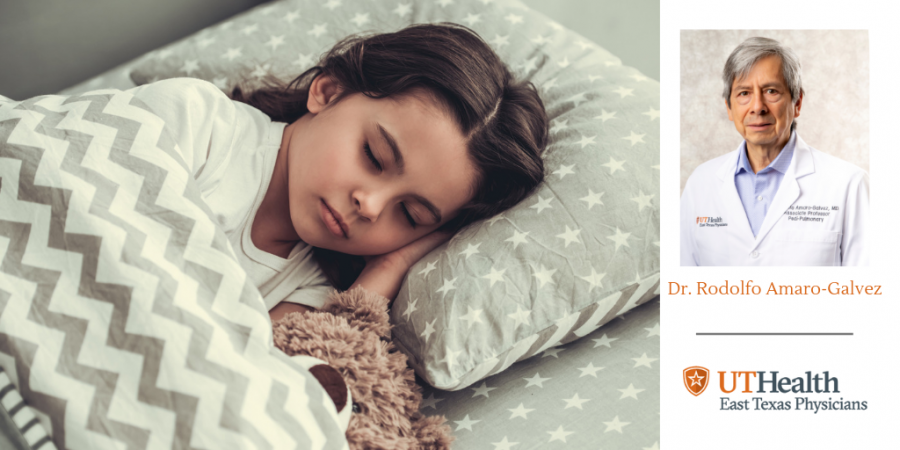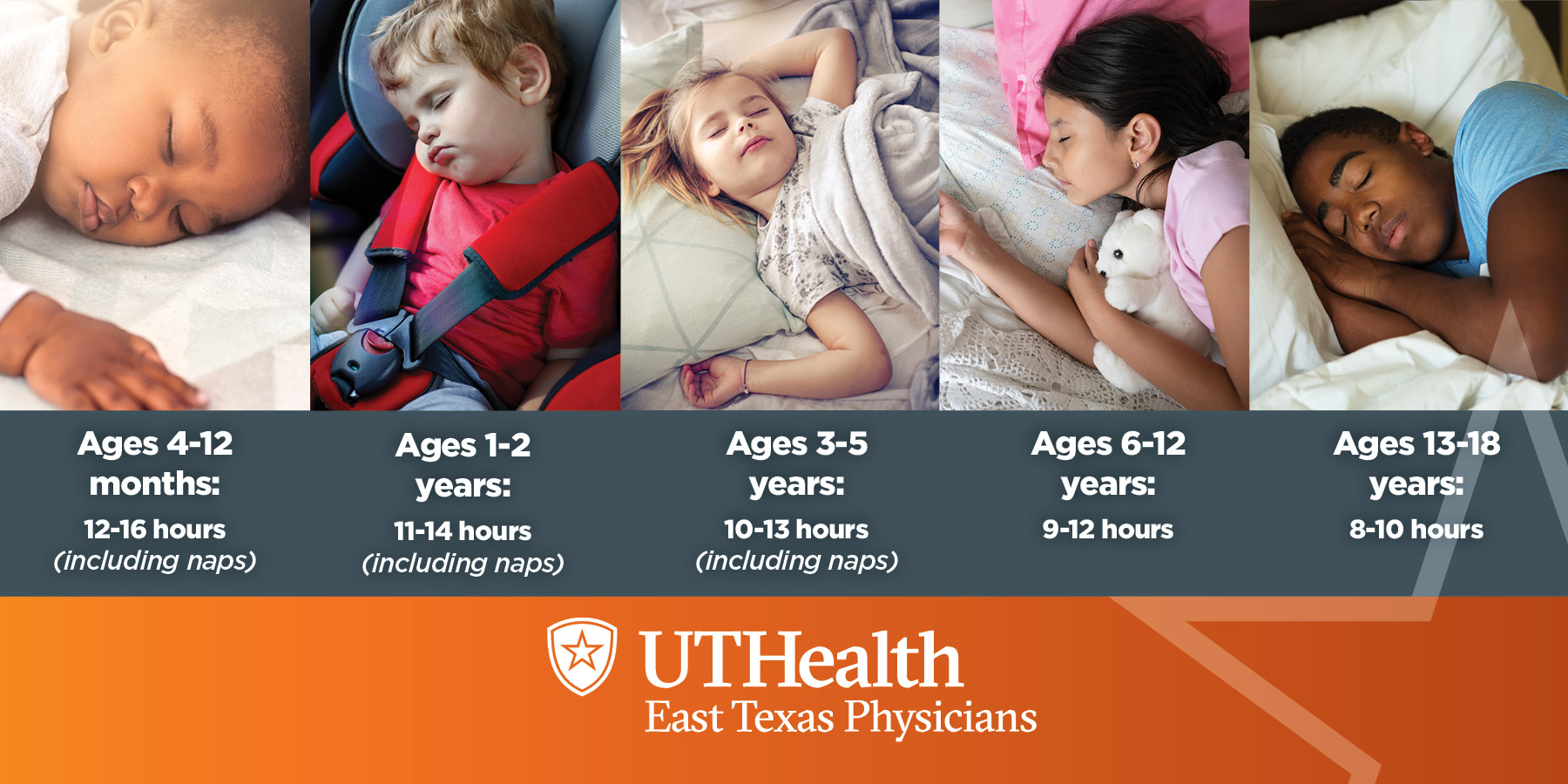
As the summer vacation ends and the new school year approaches, parents prepare their children to do their best in school - proper nutrition, regular physical activity and optimal healthy sleep. Sleep profoundly affects school performance. Sleep has very important effects on growth, healing, immune function, cardiopulmonary function and metabolic activities. Sleep in humans is a biologic function as important as breathing. All mammals and birds sleep and sleep deprivation has serious consequences. Research has shown that rats die in about two weeks if they are kept awake even if food, water and optimal environmental temperature are maintained. Restricted sleep in adults may manifest as excessive daytime sleepiness; however, in children it often takes the form of mood and behavioral disturbances such as hyperactive behavior, poor impulse control, irritability, grouchiness, inattention, impaired memory and ability to reason, which results in significant social and learning problems. The effects of sleep and loss of sleep impact significantly on everyone, particularly children. The American Academy of Sleep Medicine (AASM) new guidance has been endorsed by the American Academy of Pediatrics (AAP).
The following are the recommended minimum and maximum hours each age group should regularly sleep during a 24-hour period for optimal health:
- Ages 4-12 months: 12-16 hours (including naps)
- Ages 1-2 years: 11-14 hours (including naps)
- Ages 3-5 years: 10-13 hours (including naps)
- Age 6-12 years: 9-12 hours
- Age 13-18 years: 8-10 hours

The sleep needs vary individually. For example, some children of the same age feel best with a certain number of hours, while others may need a longer period of sleep at night. The effects of insufficient sleep also have variable consequences; some children feel OK with some sleep restriction, while others feel very affected by a similar period of insufficient sleep.
Here are some statements about your child’s sleep. If these apply to your child it is a good sign that your child’s sleep is on track. If your child’s sleep does not correspond with many of these, it could mean that you need to make changes to improve your child’s sleep.
- Your child falls asleep within 15-20 minutes of lying down to sleep at bedtime.
- Your child regularly sleeps a total of hours according with the recommended hours for their age in a 24-hour period.
- While in bed, your child’s sleep is continuous.
- Your child wakes up feeling refreshed after a night of sleep.
- Your child feels alert, energetic and content during the waking hours.
- Your child does not have any disturbing or out of the ordinary behavior during sleep such as mouth breathing, snoring, breathing pauses, restlessness, gasping or increased work of breathing.
What can I do to Promote Healthy Sleep in my Child?
You need to practice good sleep hygiene to promote healthy sleep in your child. Sleep hygiene are the habits and practices that are conducive to sleeping well on a regular basis.
The following are good sleep hygiene practices that promote a restorative sleep:
- Keep regular bedtimes, even on weekends, that allow your child to sleep the recommended hours of sleep for their age.
- Promote the habit in your child to use the bedroom just to sleep. Avoid using the bedroom as a play room. Avoid use of electronics in the bedroom.
- Limit the use of electronic devices one hour prior to bedtime as blue light from screens suppresses melatonin release. Melatonin is the hormone secreted by the pineal gland in the brain with darkness at the end of the day. Melatonin promotes sleep at the beginning of the night. Light of any kind can suppress the normal secretion of melatonin; however, blue light at night does so more powerfully. As a result, your child will have a hard time falling asleep at night.
- Avoid food that contains caffeine, particularly after lunch, such as soda and energy drinks. Caffeine is a stimulant that acts on the central nervous system and keeps your child awake.
- Limit exercise your child does close to bedtime as exercise stimulates the central nervous system and keeps your child awake.
- Keep the same routines every night prior to bedtime.
- Keep electronics out of your child’s bedroom, including video games, televisions, computers and cell phones.
- Keep the bedroom comfortable, cool and dark at night.
- Encourage your child to sleep independently.
- Avoid exciting activities such as scary movies or stories that may cause emotional distress in your child at bedtime.
What are the Signs of Sleep Problems in my Child?
- Snoring, particularly if it is associated with gasping, restlessness, mouth breathing, breathing pauses during sleep and bed wetting may indicate obstructive sleep apnea.
- Excessive daytime sleepiness. Taking naps in school-age children.
- Poor school performance
- Hyperactive behavior and decreased attention span
- Falling asleep in class
- Behavioral problems
- Depression may be associated with insomnia, irregular sleep
- Awakenings during the night
- Headaches
Resources for parents/guardians:
//sleepeducation.org/ American Academy of Sleep Medicine
//www.sleepforkids.org/ : The National Sleep Foundation
https://www.nhlbi.nih.gov/health-topics : National Heart, Lung, and Blood Institute
//www.sleepchild.com/index_ing.htm : Italian Web site addressing nocturnal waking
Rodolfo Amaro Galvez, MD is a pediatric pulmonologist and pediatric sleep specialist at UT Health East Texas Pulmonary Institute - A department of UT Health North Campus Tyler. To make an appointment, call 903-877-5270. Visit uth

